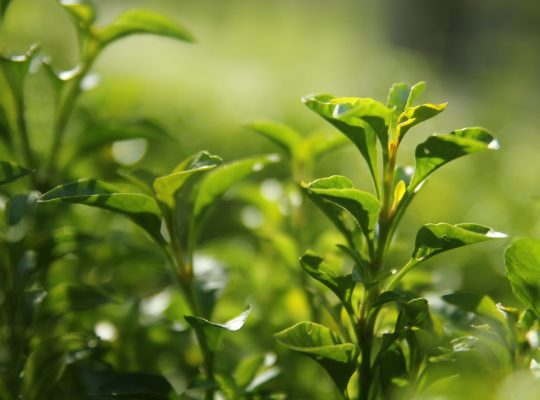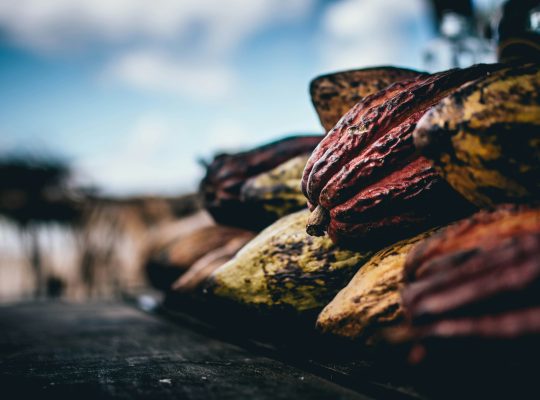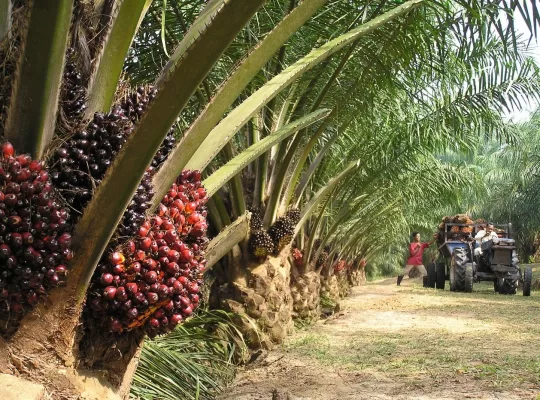In Indonesia, the government’s move toward biodiesel as a renewable fuel choice is not only about trimming down the country’s oil reliance but also uplifting the palm oil sector towards sustainability. Dadan Kusdiana, the Ministry of Energy and Mineral Resources’ Director General of New Renewable Energy and Energy Conservation, shared how this initiative reaches beyond using biodiesel as mere fuel. It’s a strategic push to make Indonesian palm oil a significant contributor to the nation’s economy and support the livelihoods of local farmers.
When the biodiesel program was being formed, the price tag on crude palm oil (CPO) hovered around $275 per ton. Thanks to rising demand linked to biodiesel’s growing use, these figures have seen an upward trend. Dadan points out that although Indonesia is cutting down its diesel imports, there’s clear evidence that research and development have paved the way for benefits wide and far.
To stoke the demand for palm oil, the Indonesian government is not just leaning on already existing facilities. It’s actively encouraging the establishment of new plants for converting CPO into biodiesel, stretching from Sumatra to Sulawesi and pushing towards Papua. This expansion aims to fuel demand and make the biodiesel push inclusive across the Indonesian archipelago.
From February 1, 2023, Indonesia has kicked up the blending of biodiesel with conventional diesel from 30% (B30) to 35% (B35). Dadan elaborates how this move is a strategic play to get a grip on diesel imports. With the B35 program in full swing in 2023, the target is to hit a biodiesel distribution mark of 13.5 million kiloliters or about 226 thousand barrels daily. The anticipated benefits are comprehensive: saving around $10.75 billion in foreign exchange (approximately 161 trillion Rupiah), creating jobs for 1.65 million people, and slashing greenhouse gas emissions by 34.9 million tons equivalent.
This shift towards the B35 biofuel blend is a testament to Indonesia’s commitment to integrating palm oil into clean energy solutions, marking a significant step in sustainable economic and environmental practices.









